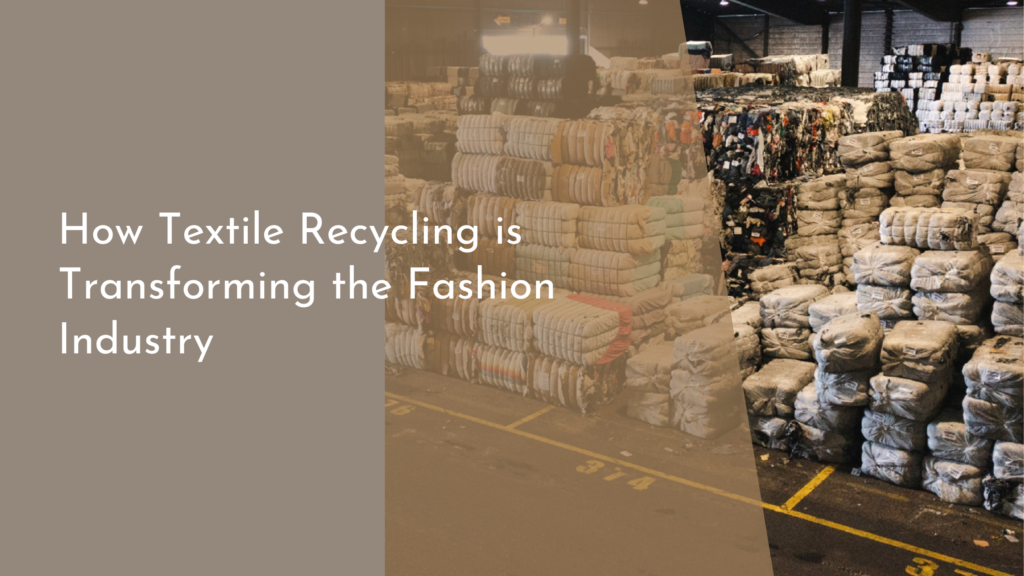The Financial Benefits of Choosing Reusable Products
In today’s fast-paced, consumer-driven world, the allure of convenience often overshadows the hidden costs associated with single-use products. However, as the world grows increasingly aware of environmental impact and sustainability, reusable products are emerging as a smart financial choice for both consumers and businesses. This article explores the financial benefits of choosing reusable products, from understanding their inherent value to recognizing the substantial cost savings and environmental gains they provide. By examining these aspects, we can see why reusables are becoming an attractive option for those looking to make both economically and environmentally conscious decisions.
Understanding the Value of Reusable Products
Reusable products offer value far beyond their immediate functionality. These items are designed to withstand repeated use, which directly translates into longevity and durability. For instance, a reusable shopping bag, made from sturdy materials, can replace hundreds of disposable plastic bags over its lifetime. This shift from disposable to durable not only conserves resources but also enhances the value proposition of the product. The initial investment in a reusable item is often offset by the savings accumulated over time, making it an appealing choice for budget-conscious consumers.
Moreover, the value of reusables extends beyond personal savings to encompass societal benefits. By choosing reusables, consumers contribute to a larger movement toward sustainability. This shift encourages manufacturers to produce high-quality, long-lasting goods, reshaping market dynamics and promoting innovation. The growing popularity of reusable products reflects a broader cultural change that values sustainability, reducing the demand for disposable items and encouraging a circular economy. This transformation not only enhances the financial value of reusables but also aligns with a global push towards responsible consumption.
Cost Savings: A Key Advantage of Reusables
One of the most compelling reasons to switch to reusable products is the undeniable cost savings they offer. While the upfront cost of reusable items may be higher compared to their single-use counterparts, the long-term savings can be substantial. For example, investing in a stainless steel water bottle can eliminate the need to purchase bottled water regularly, resulting in significant savings over time. Similarly, using cloth napkins or towels instead of paper options reduces the frequency of repurchases, leading to lower household expenses.
Businesses, too, can reap financial benefits by adopting reusables. Restaurants that replace disposable utensils and dishware with reusable alternatives can cut costs associated with constant restocking. In an office setting, providing employees with durable mugs or water bottles can reduce expenditure on single-use cups. Over time, these savings accumulate, allowing businesses to allocate resources more efficiently. The financial advantages of reusables thus extend beyond individual households, offering economic benefits on a larger scale.
Environmental Impact and Financial Gains
The environmental benefits of using reusable products are well-documented, but they also translate into financial gains. Reducing waste through the use of reusables decreases the demand for raw materials, which can result in lower production costs. As companies adopt sustainable practices, they can optimize their operations, potentially lowering prices for consumers. This synergy between environmental responsibility and economic efficiency underscores the multifaceted value of reusables.
Additionally, as governments worldwide implement stricter regulations on waste management, businesses that choose reusables can avoid potential fines and taxes associated with excessive waste production. By aligning with sustainability goals, companies can enhance their brand image and attract environmentally conscious customers. This improved reputation can lead to increased sales and, consequently, higher profits. Thus, the environmental impact of reusables not only supports ecological sustainability but also contributes to financial success.
Wrapping Up: Reusables as a Smart Financial Choice
In conclusion, the financial benefits of choosing reusable products are evident across multiple dimensions. From the immediate cost savings in households to the broader economic advantages for businesses, reusables present a pragmatic solution to modern consumer challenges. By investing in products designed for repeated use, individuals and companies alike can achieve substantial financial gain while supporting sustainability initiatives.
As we continue to face environmental challenges and economic uncertainties, the choice to adopt reusable products offers a pathway to both financial savings and environmental stewardship. By understanding the long-term value of reusables, we can make informed decisions that benefit our wallets and our planet. Embracing reusable products is not just a trend—it’s a wise investment in a sustainable future. Whether for personal use or business operations, choosing reusables is undeniably a smart financial choice that aligns with the growing imperative for responsible consumption.


